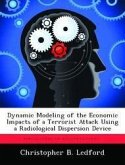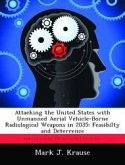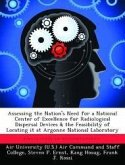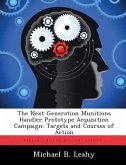Although there have been no successful terrorist attacks within the United States since 11 September 2001, many terrorism experts believe that another is likely to occur in the near future. There have been a number of foiled attacks in the intervening years, some large in scale and others small, including plans to attack airport fuel pipelines1, detonate a radiological dispersal device2, and explode as many as 12 airliners over five U.S. cities.3 Whether originating within the U.S. or abroad, terrorists continue to seek opportunities to strike targets in America. They also show a trend of increasing sophistication to defeat security practices already implemented since 9/11. The binary liquid explosive plot originating in Britain and plans by Al Qaedaassociated terrorist Jose Padilla to use a "dirty bomb" illustrate this trend. This latter example is the most frightening, as Al Qaeda has expressed the intent to acquire and use nuclear devices within the United States.4 Osama bin Laden stated unequivocally in a December 1998 interview that "there is a duty on Muslims to acquire them.5" The acquisition by terrorists of components for a nuclear bomb, or a complete weapon, is obviously a grave security concern. Terrorists may encounter difficulties in obtaining, fashioning, transporting and detonating a nuclear bomb. Some have suggested that if Al Qaeda possessed a nuclear bomb then it would have already have been used against the U.S.; others believe that the terrorists may be waiting patiently for a date of significance to them or their movement to use such a device.
Hinweis: Dieser Artikel kann nur an eine deutsche Lieferadresse ausgeliefert werden.
Hinweis: Dieser Artikel kann nur an eine deutsche Lieferadresse ausgeliefert werden.








